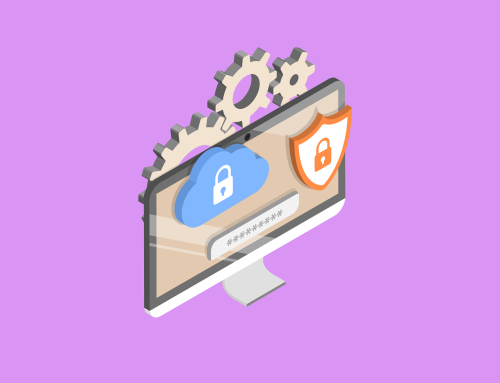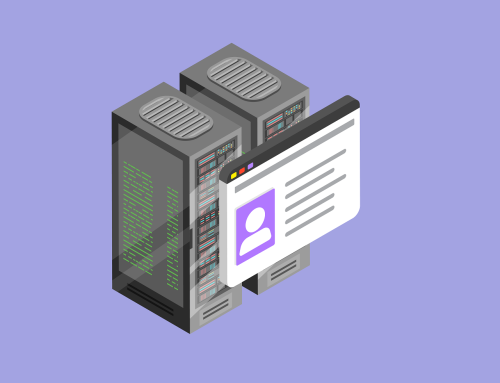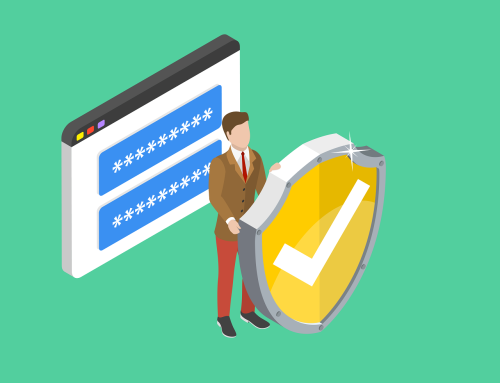5 Ways to Protect Your Customer Data
Sensitive customer data is always at risk of being misused if the appropriate measures aren’t in place to ensure it’s protected by your organisation.
Research indicates that over 50% of cyber-attacks on Irish businesses may be undetected. Not only are many businesses unaware the risks posed, almost 35% of all businesses have no cyber security policies in place at all.
Discussed below are just five of the best ways to ensure your organisation’s customer data is safe from potential attacks.
Smarter Passwords
The login point of your systems is where many vulnerabilities lie. Stronger password protection is necessary to avoid an instant breach of customer data or internal files containing sensitive information.
Using complex passwords, without patterns or dictionary words, greatly reduces the chance of being exploited. Similarly, the addition of special characters further strengthens your passwords.
Organisations should also refrain from reusing the same passwords for multiple different login portals. To enhance security measures even further, multi-factor authentication through authentication mobile apps or SMS verification should be considered.
Smarter, complex passwords combined with multi-factor authentication eliminate many of the opportunities for unauthorised access.
Security Updates
Software becomes susceptible to exploits, hacks and glitches when not regularly supported with patches and security updates.
It’s important that the systems used to store and manage customer data get regular attention from an IT or security team to ensure that vulnerabilities are identified and removed prior to any form of exploit and malicious attack from external sources.
Regular investment in software is necessary to minimise risk and keep data safe from ending up in the wrong hands.
Internal Processes
Human error and poor internal data controls can result in the misuse of customer data within organisations.
Appropriate data protection and governance policies should be implemented to guide employees on how to keep customer data secure and understand what to do in the event data is misused or compromised.
Regular staff training on best practices can help keep employees up to date on how to manage customer data and what exploits to look out for (e.g., phishing or ransomware).
A quick and effective response to a data breach using appropriate internal disaster recovery plans can lessen its impact on your business, whether it be monetary or reputational damage.
Firewalls & Antivirus
Security software and controls such as firewalls and antivirus programs must be in place to ensure your data is safeguarded.
Firewalls help organisations prevent unauthorised users gaining access to important data. Antivirus software on the other hand helps detect vulnerabilities, malware or viruses that may be present on your network or installed on an employee’s PC.
Using both measures, organisations can have better peace of mind that customer data is less likely to be compromised from external sources and that vulnerabilities are regularly addressed.
Regular Testing
It’s not enough to always assume the measures you have in place are enough to stop a major attack. Regular testing for vulnerabilities is a great way to see where your organisation’s weak points are and how they can be easily exploited to gain access to sensitive data.
Consider bringing in cybersecurity experts to examine your organisation’s internal setup to find these vulnerabilities. They may also suggest a plan of action to avoid a vulnerability becoming a potential deficiency down the line.
Keeping up to date with the latest cyberattacking trends and informing your staff of what red flags to look out for will keep your organisation’s data protected in the long run, alongside routine internal testing.
Has your organisation embarked on a project that handles sensitive customer data? Be sure to get in contact with us today on +353 1 8041298!









